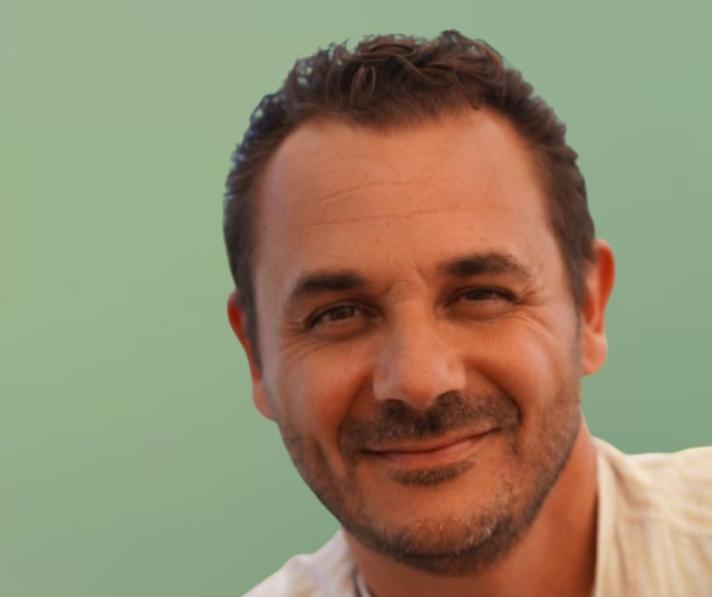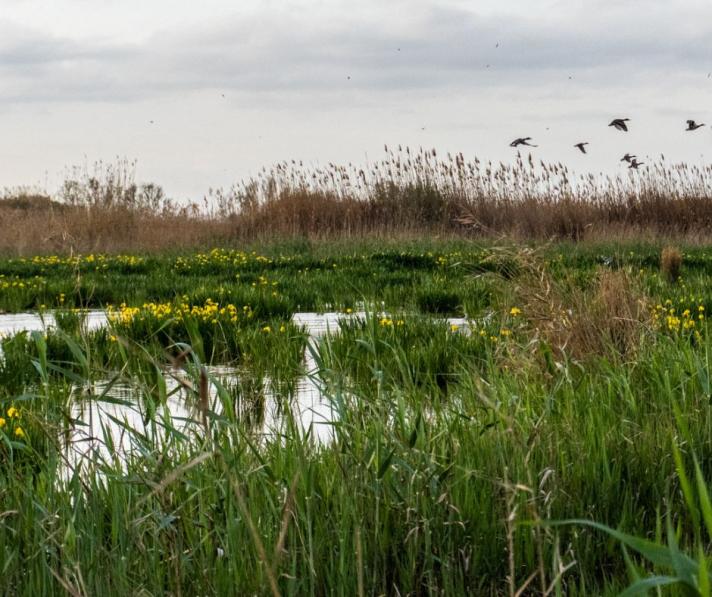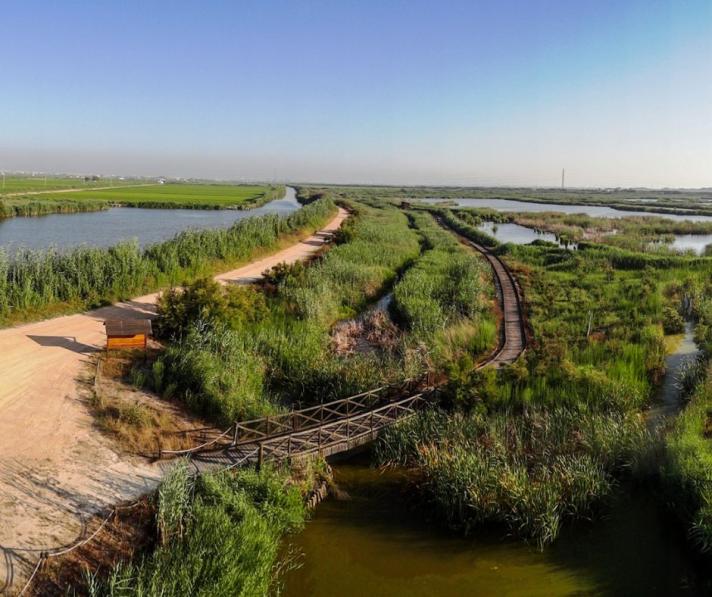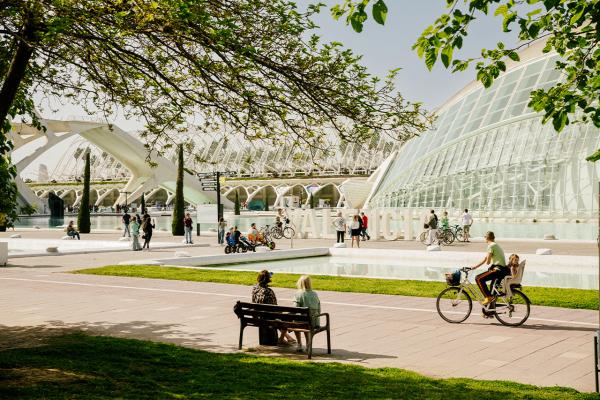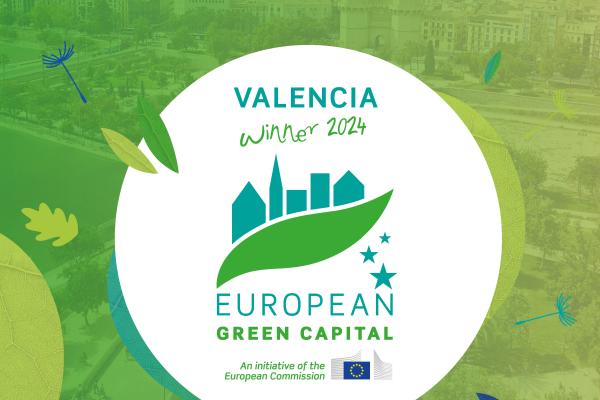Growing up in the heart of a regional natural park in southern France, Matthieu’s passion for nature guided his studies in agriculture, applied biology, environmental sciences and ecology. With a master’s degree in nature conservation, Matthieu has been actively involved in conservation projects since 2003, focusing on freshwater turtle protection and local ecological initiatives, especially in the Tancat de la Pipa reserve.
Can you tell us about the Tancat de la Pipa project and its origins?
Tancat de la Pipa is in the Albufera Natural Park, a 21,000 hectare wetland near Valencia. The project was born from the need to restore ecological balance after the wetland suffered severe eutrophication due to urban, industrial and agricultural activities in the 1960s and 70s. Using innovative nature-based solutions, the River Basin Authority has now transformed a 40 hectare rice paddy field into a vibrant natural reserve that enhanced water quality and biodiversity.
What nature-based solutions did the project introduce?
Our primary goals are to improve water quality with a constructed wetland system, enhance biodiversity through strategic habitat restoration and increase public awareness through engaging environmental education programmes. We, therefore, use phytoremediation with marsh plants that absorb excess nutrients and have created various habitats to support a wide range of wildlife. The reserve also serves as an educational site, hosting programmes for school groups and the public.
What challenges have you faced in managing the reserve?
Establishing and maintaining plant density was an early challenge due to bird predation while managing invasive species like carp was another big hurdle to overcome. Obtaining long-term financial and community support has also been crucial to ensure the project’s future. Eventually, we adopted a participatory management model, collaborating with local NGOs, universities and government bodies, which has been instrumental in our success.
How do you view the role of green spaces in urban environments, especially with Valencia's European Green Capital Award?
Green spaces in cities are vital for biodiversity, climate regulation and enhancing residents’ quality of life. Projects like Tancat de la Pipa demonstrate the incredible potential of nature-based solutions to address environmental challenges. By integrating similar techniques into urban planning, we can enhance water management, reduce temperatures and create healthier, more vibrant living environments.
Can you share examples of successful community and educational programmes in Tancat de la Pipa or Valencia?
In Tancat de la Pipa, we host a variety of programmes including guided tours, bird-watching sessions, and art and nature workshops. Community involvement is essential so we collaborate closely with local associations and residents. Our volunteer group helps with tasks like turtle monitoring and removing exotic species. These hands-on experiences are invaluable in helping people understand and appreciate the importance of conservation efforts.
What advice do you have for citizens who want to contribute to environmental protection locally?
Get involved with local NGOs, participate in volunteer programmes and create wildlife-friendly spaces in your garden or balcony! Supporting sustainable farms and practising eco-friendly habits also makes a significant impact. Remember, small and consistent actions can lead to substantial changes.
Matthieu Lassalle’s dedication to conservation highlights both the power of community involvement and nature-based solutions in delivering positive change. His work in the Tancat de la Pipa reserve also showcases how collective action can restore ecological balance and foster sustainable urban environments.
As Valencia proudly holds the title of European Green Capital, we invite you to learn more about these inspiring efforts and how to get involved – together, we can preserve our natural heritage for future generations.

